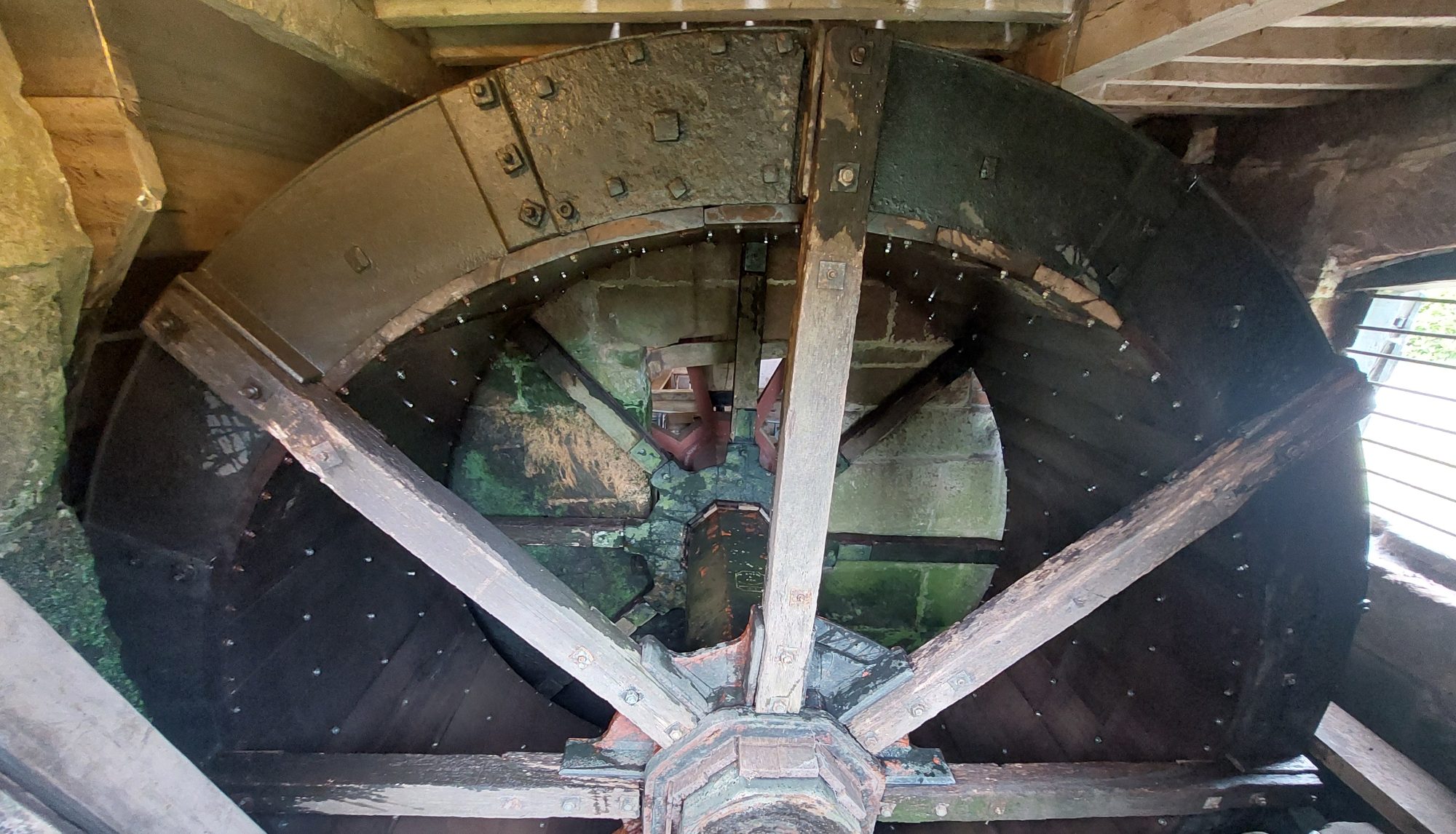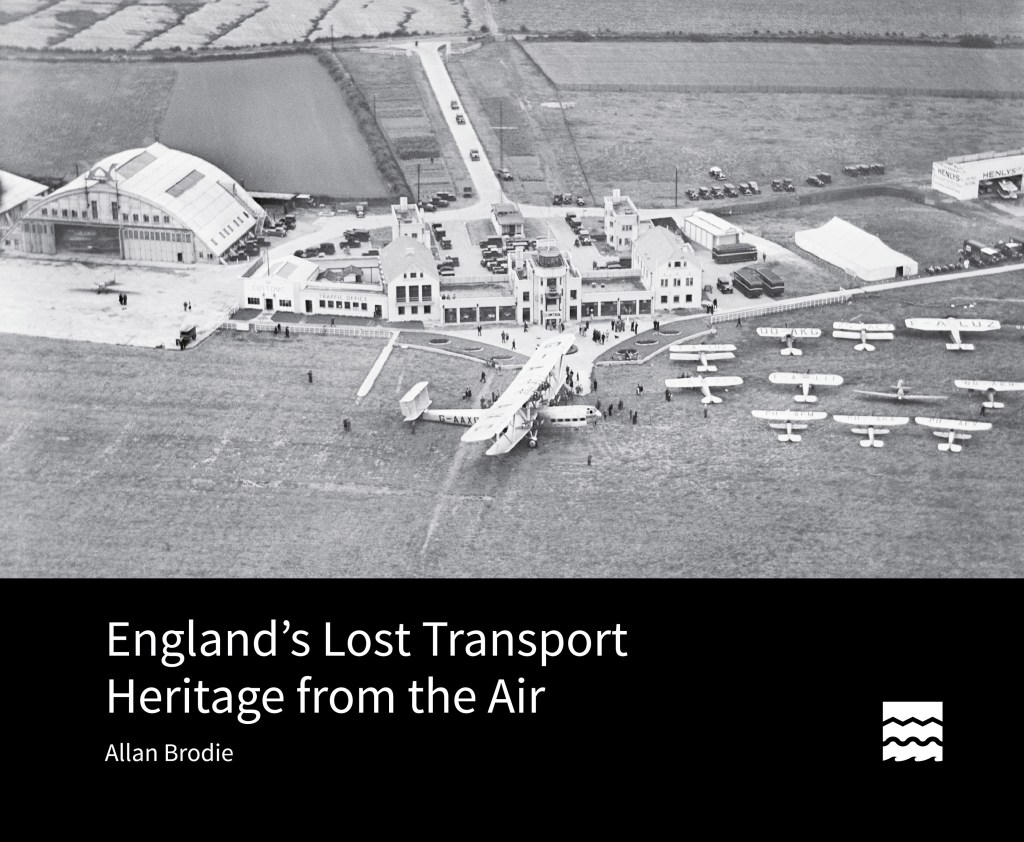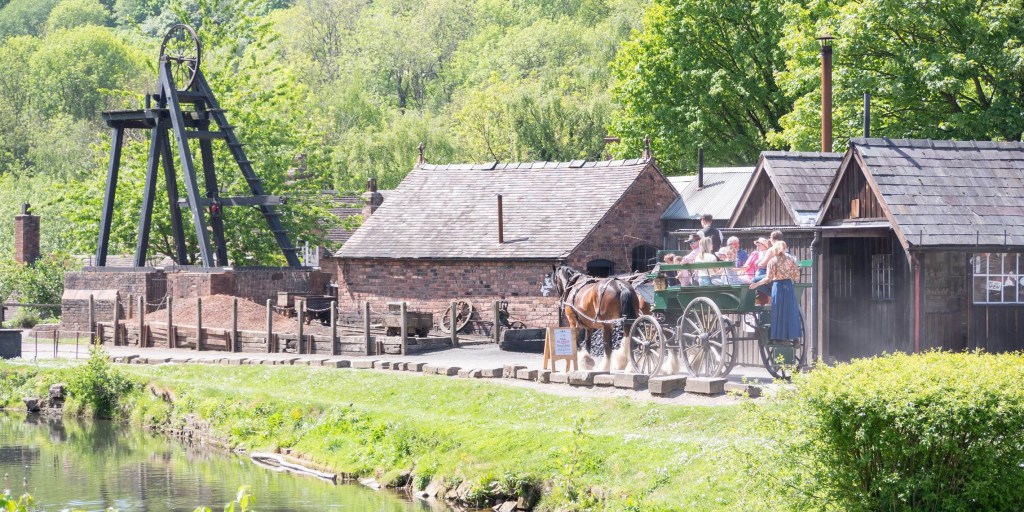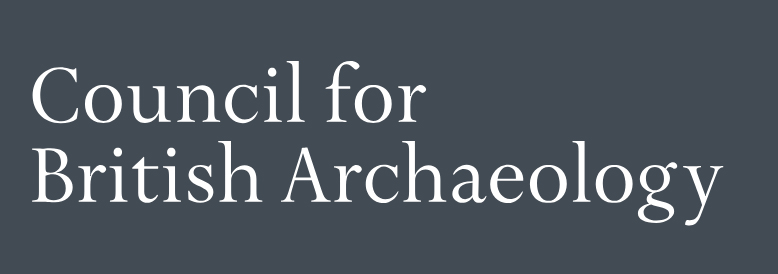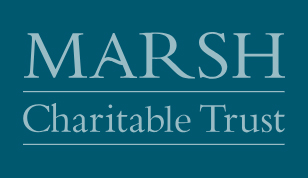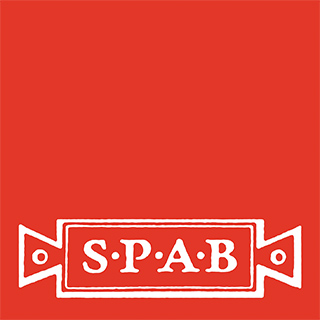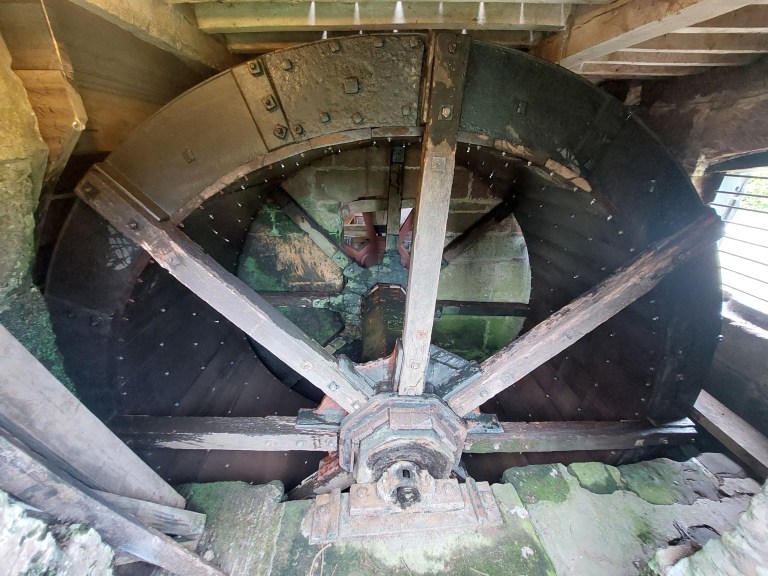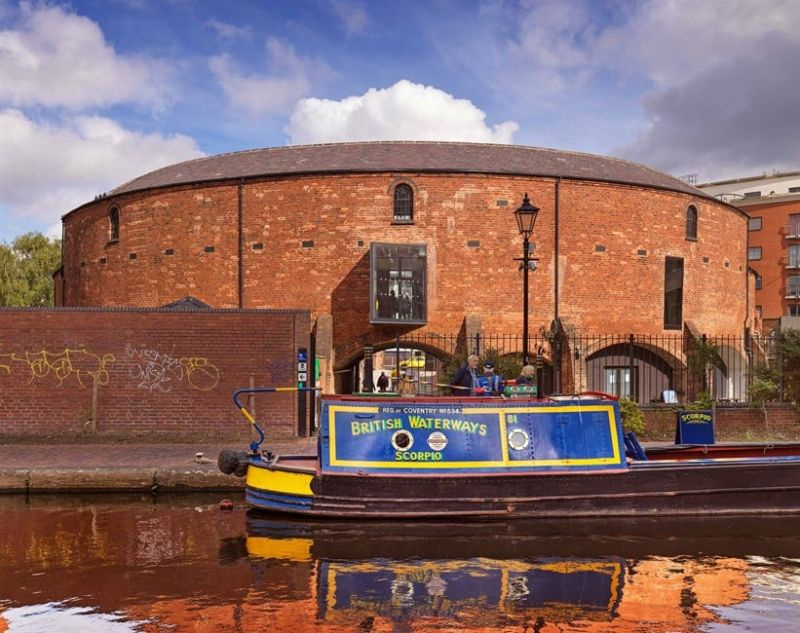
The Association of Independent Museums (AIM) have announced the winners of the inaugural Museum Fundamentals grants. Funded by the Pilgrim Trust and The Julia Rausing Trust and launched in December 2024, the AIM Museum Fundamentals grant is designed to respond to the varied needs of AIM members.
Amongst the initial round of 12 grants is a succesful application from The Long Shop Muaseum in Suffolk to redesign and redisplay the ‘Made in Leiston’ gallery. The design and content of the new exhibition is based on audience research conducted over the last two seasons. The new displays will focus on unlocking the social history of the town and the people who lived and worked there over a 250-year span, and on technological change. The Long Shop Museum was founded in 1984. It is housed in a cluster of historic buildings in the Suffolk market town of Leiston. The buildings are survivors of the original 19th century engineering works site of Richard Garrett and Sons who specialised in famring machinery. Further details here:
https://www.longshopmuseum.co.uk/

The AIM Museum Fundamentals grant is funded by the Pilgrim Trust and The Julia Rausing Trust, and launched in December 2024. It combines the valued collections care and conservation funding supported by the Pilgrim Trust with new funding from The Julia Rausing Trust. AIM members can apply for up to £20,000 for funding to undertake a collections-based project. If you’re interested in applying to Museum Fundamentals, expressions of interest for the next round are welcome until Friday 8 August. Further details here: https://aim-museums.co.uk/news/first-aim-museum-fundamentals-awards-made/

